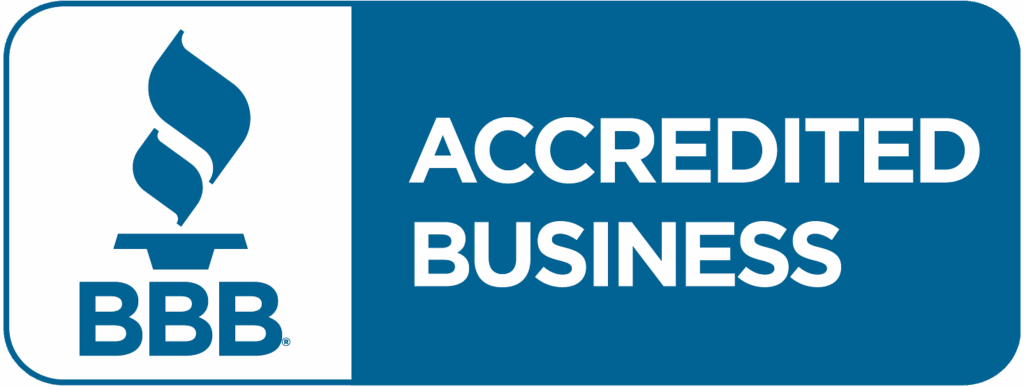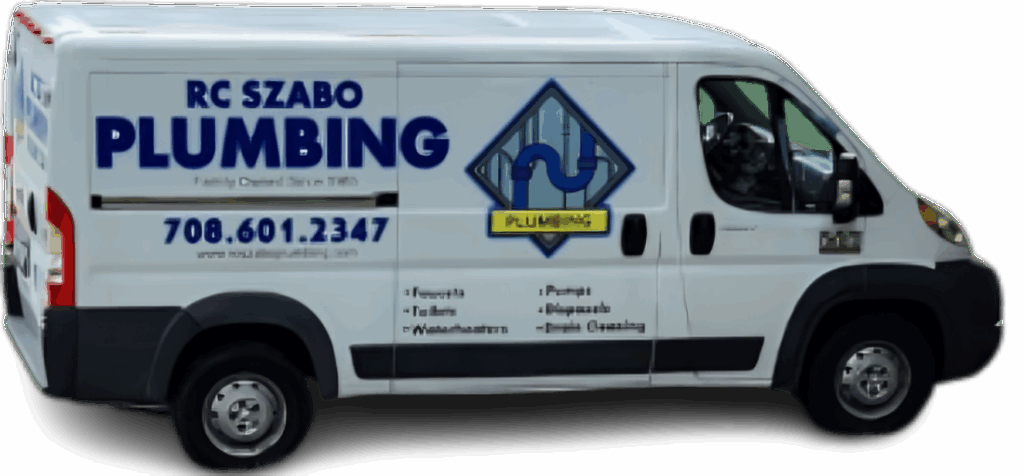Why Hiring the Right Plumbing Contractor Matters
Many people search for a “plumber near me” and go with the first available option. But not all plumbers are created equal. From compliance with local plumbing codes to transparent pricing and timely service, the right contractor can save you thousands in future repairs—and unnecessary headaches.
Common complaints with the wrong contractor:
- Incomplete or poor-quality work
- No licensing, bonding, or insurance
- Unclear estimates or surprise charges
- Delays in timeline
- Lack of plumbing permits
- Unsafe plumbing practices
Pro Tip: Even if you’re just tackling a “simple” job like installing a new faucet or replacing a toilet, an unqualified plumber can turn it into a much bigger—and costlier—problem.
How to Vet a Plumbing Contractor Before You Hire
Before making a hiring decision, ask the following questions. It will quickly separate seasoned professionals from less reliable operators.
✅ Licensing, Insurance, and Bonding
Always start with verification. Ask:
- Are you licensed to work in this state/county?
- Can you provide proof of insurance and bonding?
Why this matters: Licensing ensures your contractor has passed the basic training and local code knowledge. Insurance protects your home in case of accidental damage.
✅ References and Reputation
Ask for:
- At least 2–3 local references
- Online reviews across platforms like Google, Yelp, and BBB
Look for:
- Consistent praise around punctuality, cleanliness, and quality
- How they respond to negative reviews
- Are they a local expert, or are they more of a “jack of all trades”?
✅ Transparent Estimates and Contract Details
Before signing anything:
- Request a written estimate with line-item breakdowns
- Ask whether it’s a fixed bid or time and materials
- Clarify whether permits are included (or if you’re responsible)
Watch out for:
- Vague estimates or unwillingness to put things in writing
- Demand for large down payments (>50%) upfront
Price vs. Value: Don’t Let Low Bids Fool You
One of the biggest mistakes homeowners make is choosing the cheapest plumber. While budget matters, choosing based solely on price often leads to regrets.
What Does a Low Bid Often Mean?
- Use of subpar materials
- Unlicensed subcontractors doing the work
- Rushed or unsafe installations
- No warranty
How to Interpret a Higher Bid:
- Inclusion of necessary permits
- Warranties on labor and fixtures
- High-quality materials that will reduce future issues
- Time dedicated to safety and cleanup
Ask: “What makes your pricing different from others?”
Red Flags to Avoid in Plumbing Contractors
Here are the warning signs that should make you think twice (or walk away!):
- No physical address or local business credentials
- Insists on cash payments only
- Hesitates when asked about licenses
- Dodges questions or applies pressure to sign quickly
- Provides no references or avoids online reviews
- Doesn’t put scope or pricing in writing
Specialized Plumbing Needs: Hire Accordingly
Not all plumbers are equipped to handle every job. Be sure your contractor specializes in your type of work.
Residential Plumbing
- Leaks, fixture replacements
- Water heater installs
- Sewer line cleanout
Commercial Plumbing
- Fire suppression systems
- Backflow prevention
- Maintenance contracts
Renovation or New Construction
- Blueprint reviews, pipe layout
- Fixture integration
- Local code compliance
Know the Difference: A remodeling plumber might not have the experience needed for complex commercial infrastructure installation—and vice versa.
Contractor Credentials: What to Look For
When hiring a plumbing contractor, prioritize:
- State-issued License #
- Insurance Certificate
- Bonding Documents
- References (dated within last 6–12 months)
- Better Business Bureau (BBB) Rating
- Membership with industry associations (e.g., PHCC)
Verification Tools:
- Your local Department of Consumer Affairs licensing board
- Online directories like Angie’s List, Thumbtack, or HomeAdvisor
Questions to Ask During the Contractor Interview
Use this checklist when speaking with potential plumbing contractors:
- What’s your availability, and how do you handle emergencies?
- How do you handle permit acquisition and inspections?
- How is cleanup handled at the end of each workday?
- Will I have a single point of contact during the project?
- Can you walk me through your warranty policy?
Warranty and Aftercare: Think Beyond Installation
A reliable plumbing contractor doesn’t disappear after they cash your check.
A professional contractor will offer:
- 1–2 year labor warranty minimum
- Manufacturer’s parts warranty
- Follow-up service or emergency response protocol
If a contractor balks at discussing warranty terms, that’s a red flag.
CTA: Book a Pro Interview Checklist – Free Download
Ready to hire a plumbing contractor but unsure what to ask? Download our free “Top 15 Pre-Hire Questions for Plumbing Contractors” checklist. Save money. Avoid conflict. Hire like a pro.
👉 Download the Plumbing Contractor Checklist Now
Or if you’re ready to start your project, reach out to [Your Company Name], your trusted local plumbing pros. We’ll walk you through every step.
📞 Call us at (XXX) XXX-XXXX
📧 Email: contact@[yourdomain].com
🌐 Request a Free Estimate Online
Final Thoughts
Choosing the right plumbing contractor is one of the most important steps in any home maintenance or renovation project. From licensing and insurance to references and warranties, you now have the tools to separate the pros from the pretenders.
Don’t just search “plumber near me” and go with the cheapest option. Your home—and your wallet—deserve better.
SEO Tags:
– Plumbing contract tips
– How to hire a plumber
– Plumbing contractor checklist
– Licensed plumber near me
– Renovation planning plumbing
– Plumbing permit responsibilities
Stay tuned for our next blog post in the series:
📘 “Flushable Wipes: Marketing Myth or Plumbing Nightmare?”




